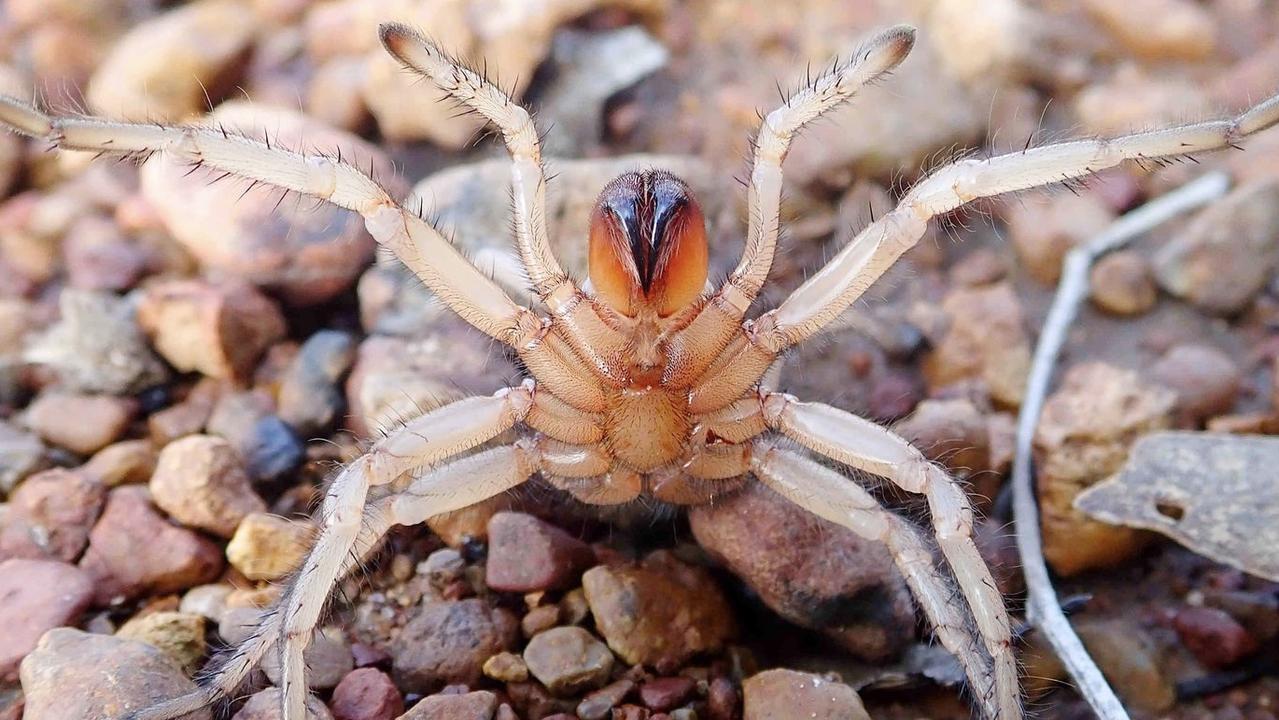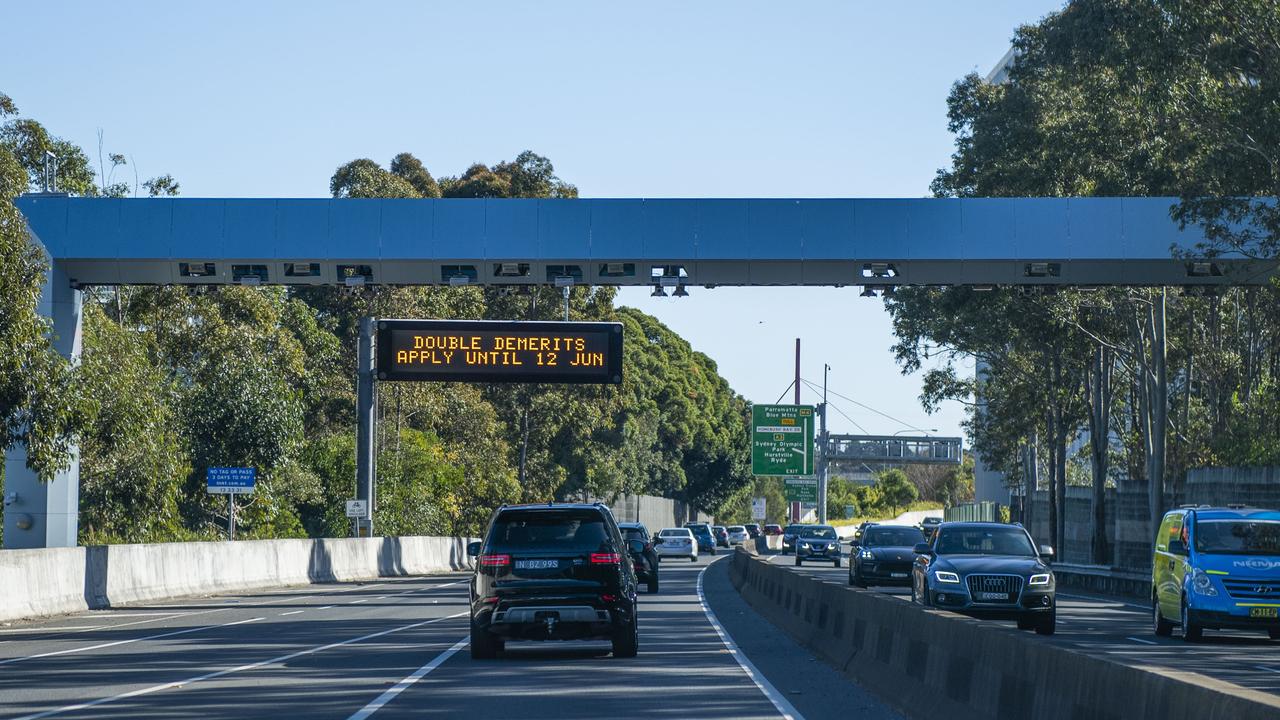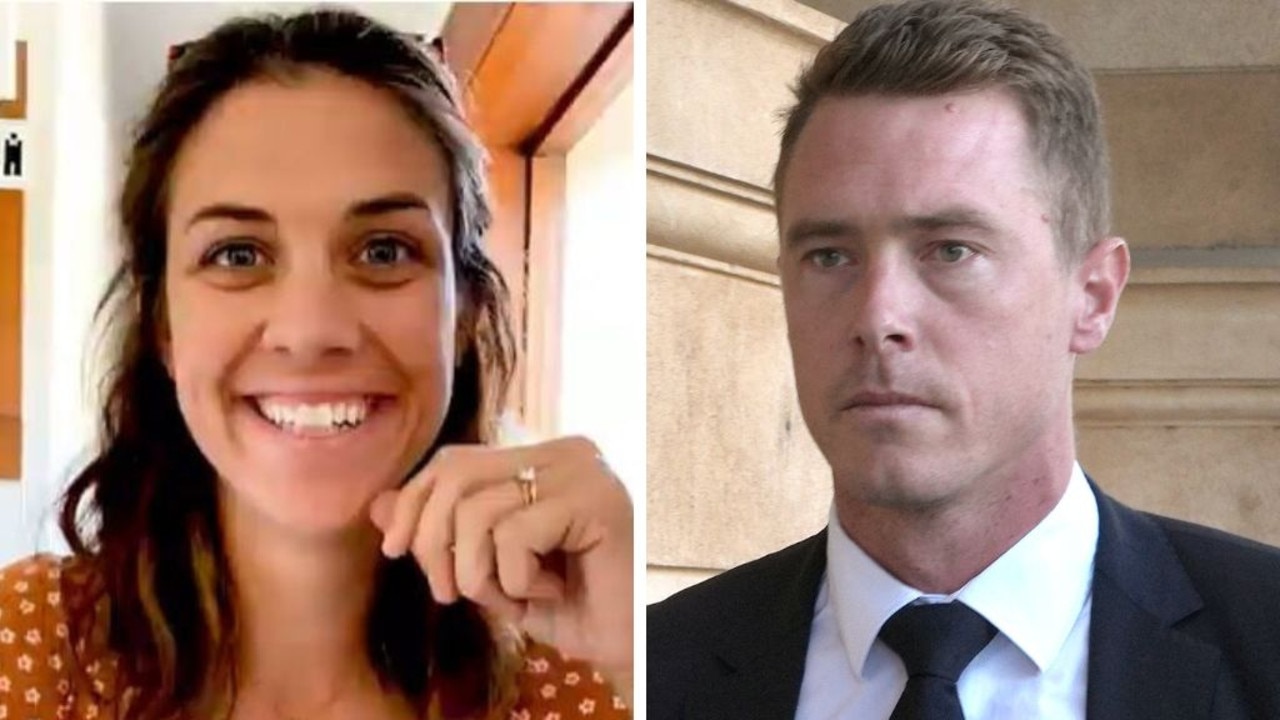Newborn’s death in hospital was preventable, court finds
One hospital’s mistake claimed a new born baby’s life, with a court finding his death was preventable if they had stepped in earlier.
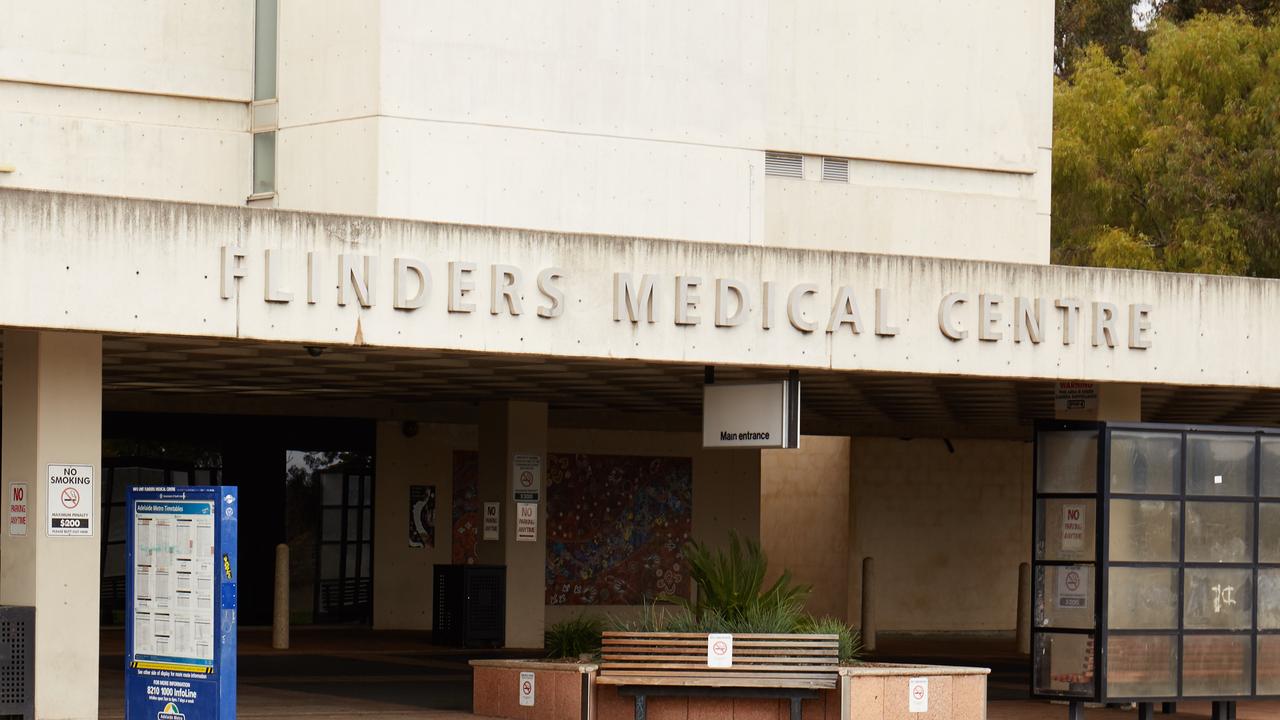
One hospital mistake claimed the life of Jon and Diana Searle’s first child, but a court has found the baby’s death was preventable if staff had noticed the error in time.
On Friday, South Australian coroner Naomi Kereru handed down her findings in the inquest of Bodhi Leo Searle, who died the day after his birth in the Flinders Medical Centre in Adelaide’s south in August 2021.
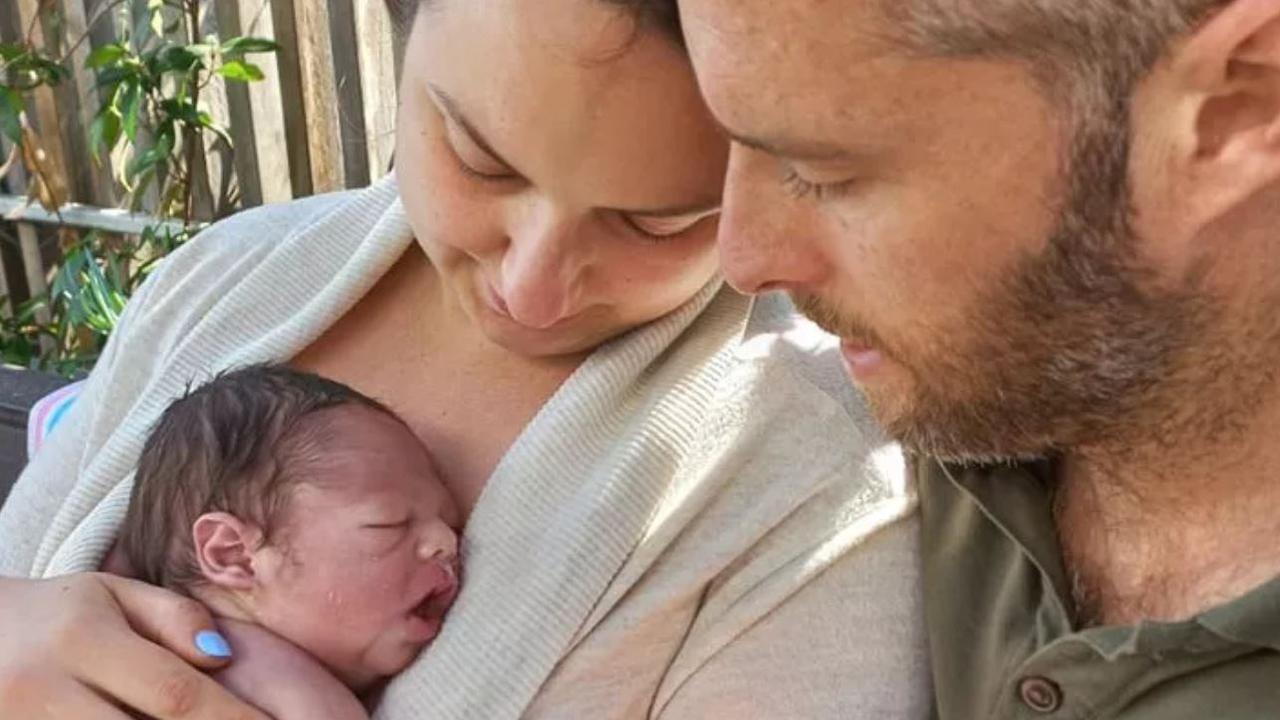
During labour, staff at the hospital realised they had been incorrectly monitoring Bodhi’s mother’s heart rate instead of the child’s, which quickly revealed he was in foetal distress.
The boy’s cause of death was listed as hypoxic ischaemic encephalopathy due to intrapartum asphyxia – a lack of blood or oxygen to the boy’s brain.
However, a coronial inquest into the incident found that there would have been a possibility of saving the child if the abnormality was detected earlier in labour.
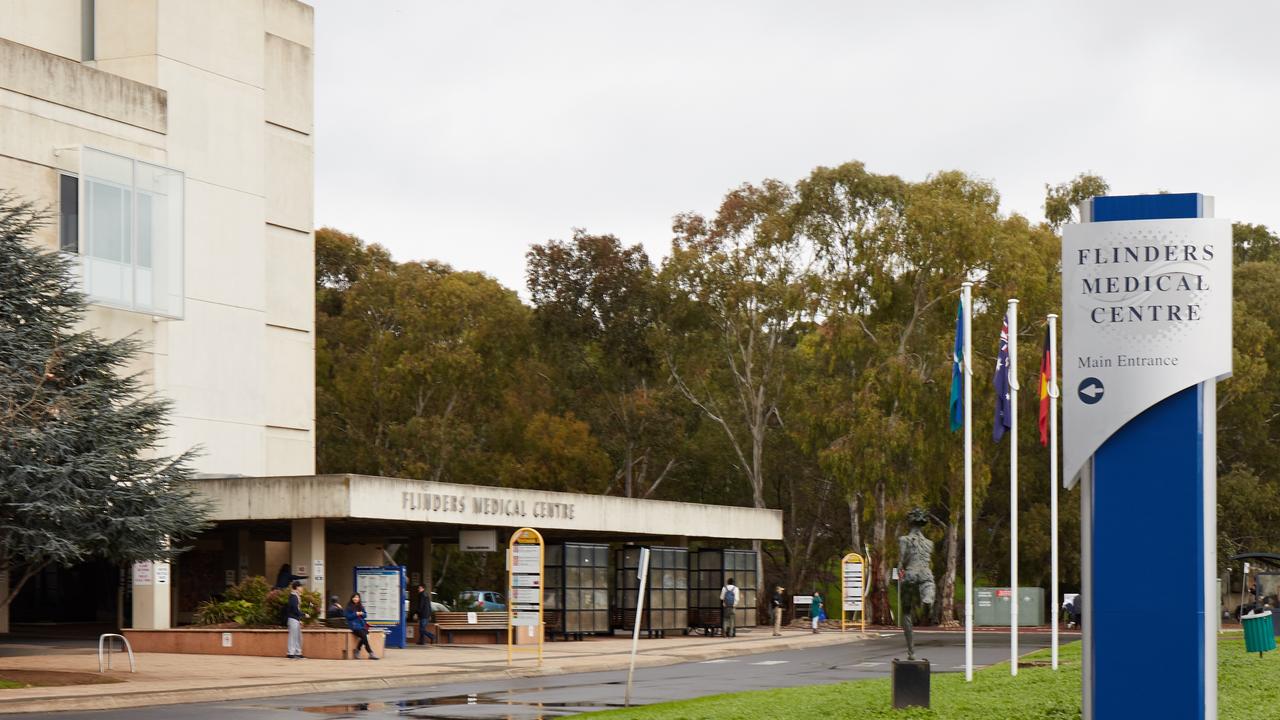
In the early evening of August 29, 2021, Bodhi’s mother Diana Searle commenced a spontaneous labour of her first child, with her partner immediately taking her to the Flinders Medical Centre.
Mrs Searle’s allocated midwife was unwell, and another midwife took her place that evening, along with a student midwife that had been “a part of Mrs Searle’s antenatal journey.”
Throughout the start of the night, her labour “progressed normally with reassuring signs” until 11.26pm when the midwife first noticed something was amiss with the baby’s heart rate.
Mrs Searle was taken to another medical ward for CTG monitoring 18 minutes later at 11.44pm.
However, at 12.18am, another midwife noticed that “the physical CTG trace had been recording the maternal trace only and took steps to remedy that.”
“Corrections were made to identify the foetal heart rate, which by that time was severely abnormal.”
The court found the “foetal heart rate abnormality went undetected in this time frame and no concerns were raised by any other staff.”
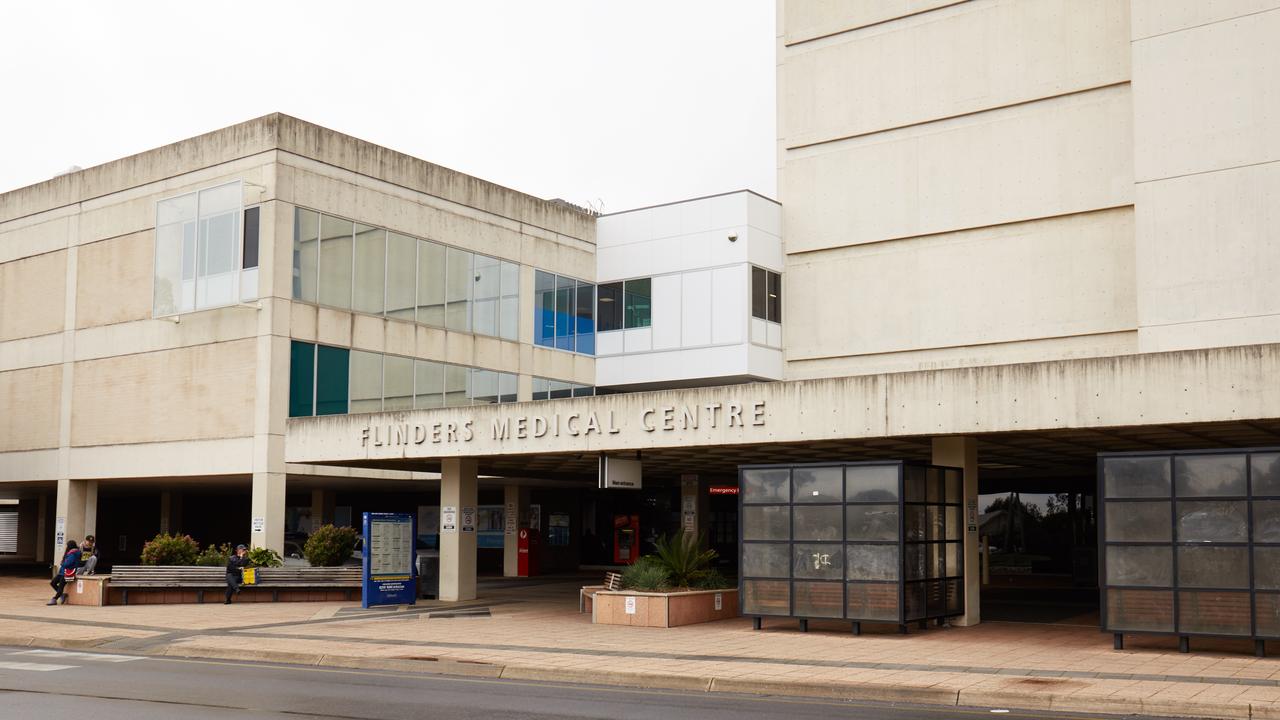
Bodhi was born at 12:58am, but was “clinically blue and pale, ”and required 18 minutes of resuscitation before breathing his first gasp of air.
Ms Kereru found that efforts to resuscitate the boy after birth were appropriate and timely, “but unfortunately were not enough to reverse the intrapartum damage that had been done.”
Bodhi passed away peacefully at 1.18pm on August 31, 2021.
“Had (the midwife) connected the CTG and reliably monitored the foetal heart rate in the period of time following 11.30pm, I find that there would have been sufficient concerns with the trace to warrant delivery at an earlier time,” Ms Kereru found.
“If that had occurred between 11.56pm and 12.06am or shortly thereafter, I find on the balance of probabilities that Bodhi’s death would have been prevented. “
She acknowledged that SAHLN had investigated the boy’s death “extensively,” but recommended that all hospitals in the state adopt a new policy to prevent junior staff having to deal with medical emergencies without a senior registrar present.
“(I recommend) that all South Australian hospitals consider the implementation of a policy to be enforced by the Head of the Department, that ensures the most senior registrar onside is appropriately credentialed to undertake complex deliveries independently unless there is a consultant onsite and available.”


